Introduction:
Edentulism, commonly known as total tooth loss, is a dental condition that significantly impacts an individual’s oral health and overall well-being. This comprehensive guide aims to provide a thorough understanding of edentulism, exploring its causes, consequences, and available treatment options. By delving into the physical, psychological, and social aspects of total tooth loss, we aim to shed light on this condition and empower individuals to make informed decisions about their oral health.
Definition:
Definition: Edentulism refers to the complete loss of natural teeth in either the upper (maxillary) or lower (mandibular) arch or both. It can result in significant functional and aesthetic challenges, affecting a person’s ability to chew, speak, and maintain proper oral hygiene.
Causes:
Edentulism can stem from various factors, including poor oral hygiene, untreated dental diseases (such as cavities and periodontal disease), trauma, genetic predisposition, and systemic health issues. Lifestyle choices, such as tobacco use and a diet high in sugar, can also contribute to the development of edentulism.
Consequences of Edentulism:
1.Functional Implications:
The loss of natural teeth can lead to compromised chewing efficiency, affecting one’s ability to consume a diverse and nutritious diet. This can contribute to nutritional deficiencies and overall health issues.
2.Aesthetic Concerns:
Edentulism often has a profound impact on facial aesthetics, leading to changes in facial contours and a prematurely aged appearance. These aesthetic concerns can have a significant psychological impact on individuals, affecting their self-esteem and confidence.
3.Speech Impairment:
The absence of teeth can alter speech patterns, leading to difficulties in articulation and pronunciation. This can result in communication challenges, potentially impacting social and professional interactions.
Psychological and Social Impact:
Edentulism can contribute to feelings of embarrassment, shame, and social withdrawal. Individuals may avoid social situations, impacting their overall quality of life. The psychological toll of edentulism highlights the importance of addressing not only the physical but also the emotional aspects of this condition.
Prevention and Early Intervention:
1. Oral Hygiene Practices:
Practicing good oral hygiene, including regular brushing, flossing, and dental check-ups, is crucial in preventing tooth loss. Education on proper oral care habits should be emphasized from an early age to instill lifelong practices.
2. Routine Dental Check-ups:
Regular dental check-ups enable early detection and treatment of dental issues, preventing the progression of conditions that can lead to edentulism. Timely intervention can help preserve natural teeth and promote oral health.
Treatment Options for Edentulism:
1. Removable Dentures:
Removable dentures are a traditional option for replacing missing teeth. They can restore function and aesthetics, but may require adjustments and periodic replacements due to changes in the oral structures over time.
2.Fixed Prosthetic Solutions:
Fixed prosthetic solutions, such as dental implants and implant-supported bridges, offer a more stable and long-term alternative to traditional dentures. Dental implants mimic natural tooth roots, providing improved stability and preserving jawbone integrity.
3. Full Mouth Rehabilitation:
In cases of extensive edentulism, full mouth rehabilitation may be recommended. This comprehensive approach involves a combination of restorative and cosmetic procedures to address functional and aesthetic aspects simultaneously.
Post-Treatment Care and Maintenance:
1.Oral Hygiene Maintenance:
Regardless of the chosen treatment option, maintaining good oral hygiene is essential. Proper cleaning of prosthetic devices, regular dental check-ups, and adherence to recommended care routines are crucial for long-term success.
2. Dietary Considerations:
After tooth replacement, individuals should be mindful of their diet to ensure optimal nutrition and prevent potential damage to prosthetic devices. Avoiding excessive sugar and maintaining a balanced diet can contribute to overall oral and systemic health.
Conclusion:
Edentulism, or total tooth loss, is a multifaceted condition with far-reaching implications for individuals’ physical, psychological, and social well-being. More ever, the causes, consequences, and available treatment options is essential for both prevention and effective management. By promoting oral health education, encouraging early intervention, and exploring innovative treatment modalities, we can collectively work towards reducing the impact of edentulism and enhancing the overall quality of life for those affected.

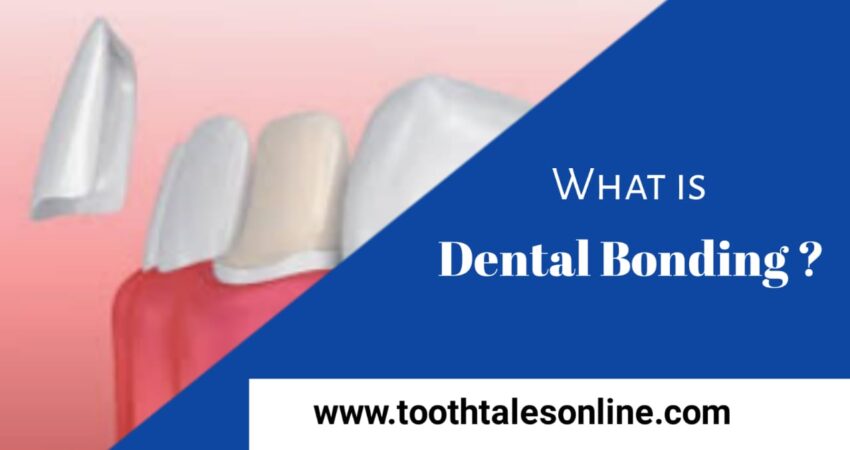
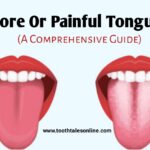
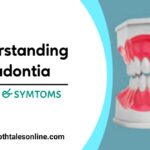
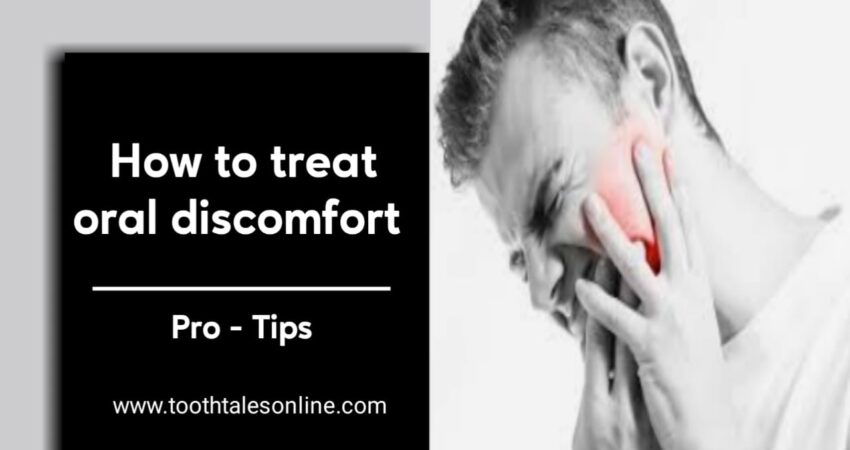



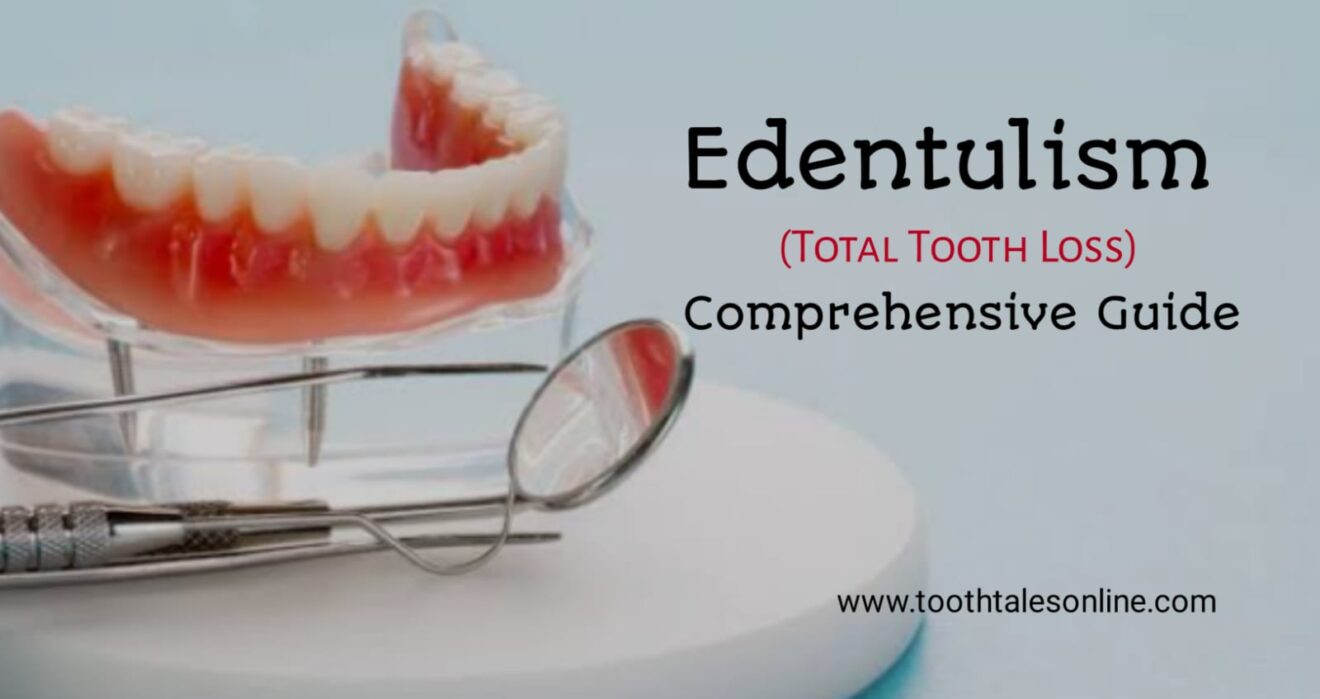
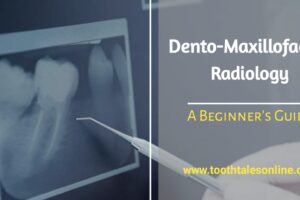
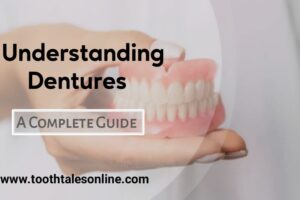
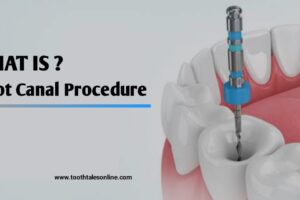










Add Comment